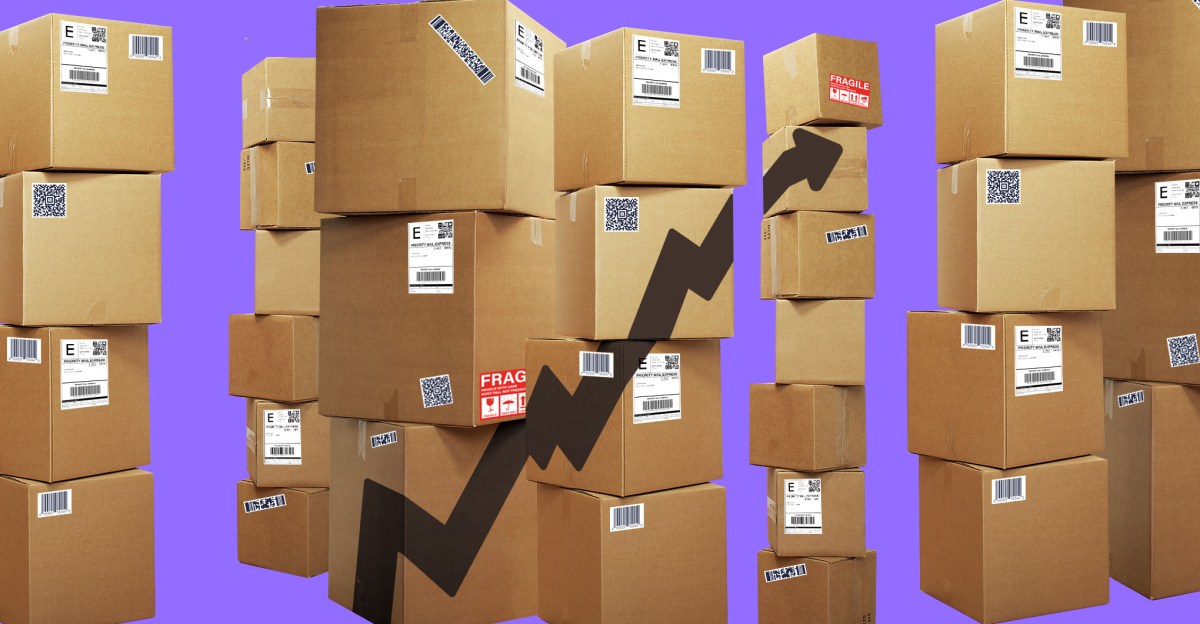A significant shift in international trade policy is on the horizon, as an executive order signed by President Donald Trump is set to make importing goods into the United States potentially more expensive for consumers and businesses alike. This new directive targets the long-standing “de minimis exemption,” a provision that has allowed packages valued under $800 to enter the U.S. duty-free, a practice widely utilized by e-commerce platforms and individual shoppers for overseas purchases.
Previously, this “de minimis exemption” provided a streamlined process for a vast number of low-value shipments, minimizing bureaucratic hurdles and additional costs. Its suspension for all countries marks a notable expansion of earlier measures, which had already seen the exemption terminated for goods originating from China and Hong Kong, signaling a broader strategy by the administration to reassess international trade agreements and customs procedures.
The change is slated to take effect on August 29th, introducing a revised structure for import duties. For an initial period of six months following the effective date, goods shipped through the international postal system will face either a flat tariff rate determined by their country of origin, known as an ad valorem duty, or a specific duty that could range significantly from $80 to $200 per individual item, depending on its classification.
After this initial six-month transitional phase, the calculation of all import duties will consolidate exclusively into ad valorem duties. This long-term adjustment implies a consistent application of percentage-based tariffs on the value of imported goods, replacing the potential for specific, fixed duties that could have a disproportionately large impact on lower-cost items.
The White House justifies this sweeping policy change by asserting that packages benefiting from the de minimis exemption are subject to “less scrutiny than traditional imports,” thereby potentially posing various risks. These alleged vulnerabilities include threats to health, safety, national security, and economic security, according to official statements. The administration emphasizes a perceived need to enhance oversight on all incoming shipments.
Furthermore, the White House has cited alarming statistics to bolster its argument, claiming that a substantial 98 percent of narcotics seizures, when measured by the number of cases, originate from these very “de minimis” shipments. This figure, if accurate, paints a concerning picture of illicit trade utilizing the previously lenient customs pathway, highlighting a critical area of focus for the new executive order.
Adding to their rationale, officials have specifically pointed to low-value packages from China and Hong Kong as accounting for the “majority of de minimis shipments to the United States.” This data suggests a targeted response to perceived imbalances or vulnerabilities within specific trade relationships, reinforcing the broader agenda of reshaping US trade policy and ensuring stricter controls on goods entering the nation.






Leave a Reply